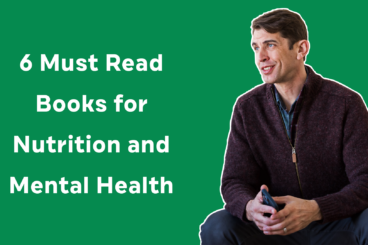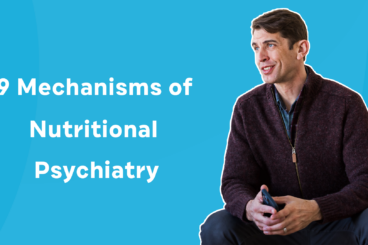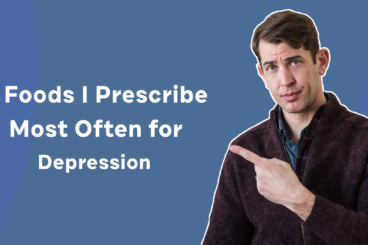
I recently was a guest on Liz Moody’s podcast, Healthier Together. I’ve known Liz for a number of years, back when she was at MindBodyGreen so it was great to reconnect on her podcast. We talked about BDNF, fish oil, & fermented foods, what to do if you’re a vegetarian or vegan who wants to take care of your brain and the most important thing you can do for your mental health. I had a great time recording this episode and I think you’ll enjoy listening to it just as much.
You can listen to it on Apple Podcasts or Spotify.
SHOW NOTES:
- [03:33] The 9 mechanisms that food impacts brain health
- [05:01] How food signals our brain to be in repair mode or not
- [06:12] My favorite molecule for brain health
- [09:02] What food influences BDNF
- [15:00] We talk fish oil supplements, if you need them and what to look for
- [19:47] The nutrients that have a significant impact on the brain
- [23:45] Foods high in tryptophan
- [26:40] 3 main things that stop you craving sugar and carbs
- [35:15] We talk fermented foods and how we both like to consume them
- [37:45] Why learning new skills is great for mental health and the brain
- [39:00] 3 easy ways to try and prevent cognitive decline
- [45:00] Glymphatic system and sleep
- [01:06:00] Number 1 thing to you can do for your brain health and mental health
QUOTES:
- [26:15] “The number one main way that you’re going to want to maintain good levels of tryptophan and serotonin in your brain right now, according to the latest science, is to avoid any amounts of inflammation.”
- [34:15] “Eating more fermented foods, it was really impressive, the difference [in the gut microbiome for depression.]”
- [40:41] “The cause of brain fog for some people is inflammation.”
- [43:38] “Iron deficiency is going to lead you to have fatigue and brain fog.”



